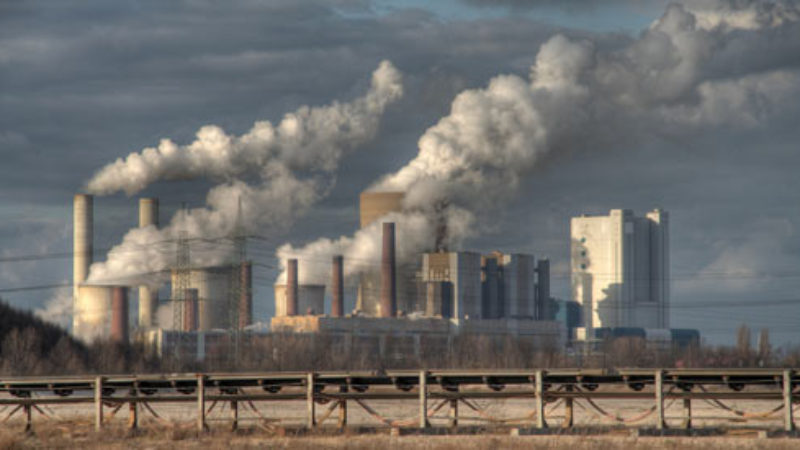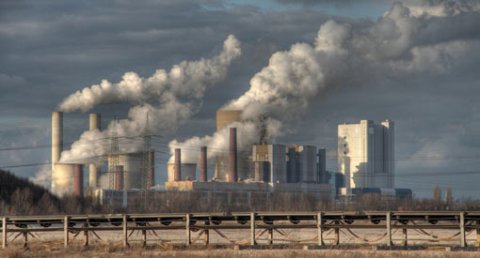
At long last – and many years later than should have been the case – there appears to be a critical mass behind the need to act definitively on the world’s emissions of greenhouse gases.
That China and the USA, the world’s first and second biggest emitters respectively, have now signalled their preparedness to join the world’s third largest emitter, the EU, in cutting emissions and hammering out a global deal should be seen as a huge step forward.

The atmosphere at the 20th Conference of Parties in Lima feels relatively upbeat. Relative, because of course there is a huge mountain to climb. But talking to people here and visiting the various delegations and groups there is an undoubted sense that finally meaningful progress can be made to ensure the world does not go beyond a two-degree rise in global temperature. The science is no longer questioned, save by entities like UKIP, who needless to say are nowhere to be seen at an international event like this.
This conference is largely a precursor to the Paris conference that will take place next December, and as a result much of the focus has been on smaller, but important pledges and promises – for example, the 20 million hectares of trees that governments have pledged to replant in order to save a billion tonnes of CO2 per year. Certainly measures like these represent an important step forward, not just for reducing emissions but also in terms of encouraging greater bio-diversity.
There are other important measures that need to be taken into account such as the recognition of land rights in Amazonia, where areas under the control of indigenous communities typically experience much lower rates of deforestation, a major contributor to increased greenhouse gas emissions.
However, what has struck me the most about this COP, the first I’ve attended, is that it is no longer the case that rich, developed countries are able to preach unhindered to poorer, developing countries that change must happen to avert catastrophe. Now pressure for change is coming from new sources. Countries like Mexico, for example, which might have historically been hesitant to step up to the challenge, are making meaningful contributions as are many others from the south.
This shift should be very much welcomed by those of us from the EU. For years it has been down to groups such as the EU to attempt to lead the way – to push more hesitant polluters towards a more sustainable future, whilst at the same time ignoring our own shortcomings. The EU remains the third largest polluter in the world, after the United States and China who are now showing signs of being prepared to make meaningful climate change commitments.
But it must get to a point where those who will be hit hardest by the effects of climate change come to the fore and demand those of us in developed countries support their ambitions, and strive to cut global emissions dramatically. Countries such as Brazil will therefore play a crucial role in helping to bridge the gaps between the positions of the three major polluters.
It has been my honour to have taken some small part in the discussions here in Lima as a member of the European Parliament’s delegation. My final thought would be that these talks need to adopt a wider approach and do more to engage not just the big three, or the governments of developing nations but to start to engage civil society as well – to pull in the NGOs and the trade unions to reach as far as possible; to build on decisions made at government level; and to reach out to those running SMEs and community projects to ensure no one gets left behind.
This is on the only way we will ever reach consensus and build a sustainable future for our planet.
Seb Dance MEP is Labour’s environment spokesperson in the European Parliament, and one of three Socialists and Democrats Group MEPs attending the UN’s COP conference in Lima, as part of the European Parliament’s delegation




More from LabourList
‘The hope that kills you’: Reflections from the final day in Gorton and Denton
MPs, union leaders and organisations react to ‘bruising’ Gorton and Denton result
A gory night for Labour